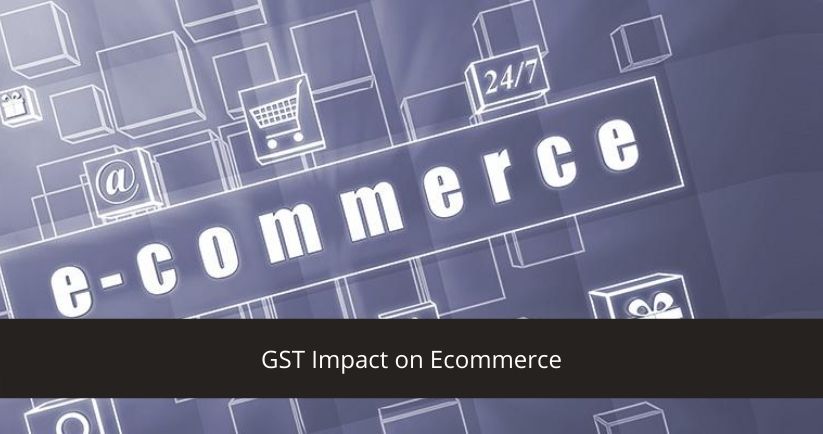Online business (E-Commerce) is the most preferred way of doing business and reach every segment (Age, Price, Location, Gender, Products & Services, etc). Online business (E-Commerce) works in a different way than other conventional businesses in India. Currently, with Foregin investment pumping huge money in online business; their unique operations model has been challenging to government on understanding and applying taxes to online businesses. This demand for GST to be upgrade in Indian market and be in par with other 140 countries.
GST would impact industry sectors, product manufacturers and distributors due to its broad-based consumption tax in several ways. Maximum Online business (E-commerce) companies have invested money on tax experts to deal with the problem and have finding solutions for easy GST implementation.
On a brief, the 5 important GST impact on eCommerce:
Migration to New Regime:
With the introduction of the new tax regime, an important factor is migrating and adapting quickly to the new policies. Hence, even for an eCommerce it will be important to have an easy migration with their existing ERP system or a new system. The operations of eCommerce are spread Pan – India, hence, it becomes more important for the company to have a system strong enough which will help them calculate the huge interstate and intra state transactions along with GST for the goods.
Place of Supply Rules: With GST in India being implemented in April, 2016, the Revenue Department is planning to implement ‘Place of Supply’ Rules which will be applicable based on destination and levied on the point of delivery. Since eCommerce has a Pan – India geography, this will help in locating the supply and whether the supply is inter or intra state which is very important for GST calculation since it will be a single tax regime for Center and state.
GST Taxation Reports: For bigger and popular eCommerce sites like Amazon, Flipkart, Snapdeal, etc. there is are a lot of issues faced with respect to logistics and warehousing since they have more than 100 sellers on their platform that come together to sell their products using the eCommerce platform. Over here, periodic and regular reporting is required for taxation and record purposes. Sage ERP will provides extensive reports to address GST transactions on periodic basis. Sage ERP reporting module ensure Online Business (E-commerce) to fetch tax related report to purchase, sales and allows users to reviews tax information for Account Payables, Accounts Receivables, and General Ledger related to each product.
Effective Supply Chain Management: With GST in place, the eCommerce businesses are set to reap the maximum benefits. With a complex and multi-tier supply chain system, there are a lot of paperwork, reporting and compliances also involved. GST will benefit these eCommerce by removing the complexities that the multi-tier supply system along with lesser paperwork and lesser compliance. Being a single tax regime, being applicable in Center as well as State, there will be transparency and ease in transport of goods, esp. for eCommerce business who sell goods across many states.
Higher Costs: On a flip side of GST Impact on eCommerce, the costs for the eCommerce industry will likely rise with GST due to the high costs involved in storing and warehousing of the goods. Even if the goods are not sold, the company will be needed to pay the tax and can only reclaim it once the good has been sold. This will likely increase the working capital of the eCommerce firm and may end up paying GST tax higher than the excise which is currently levied on them.
For more information on the implementation and requirement analysis for GST in India, You can also write to Sage Software Solutions Pvt Ltd at sales@sagesoftware.co.in for free consultation.





